European brands launch electric offensive, while Chinese cars still “steal the show” at Paris Motor Show
![]() 10/15 2024
10/15 2024
![]() 568
568
In 1898, an exhibition called the “International Automobile Salon” was held in Paris, the “City of Fashion,” marking the beginning of the history of the “International Motor Show.” Today, after more than 120 years of evolution, the Paris Motor Show remains one of the most visually stunning events among the world's top five auto exhibitions. People often marvel at the grandeur of the Paris Motor Show, which, after more than 120 years of evolution, complements the prestigious Paris Fashion Week, exuding an atmosphere of “competing for beauty.”
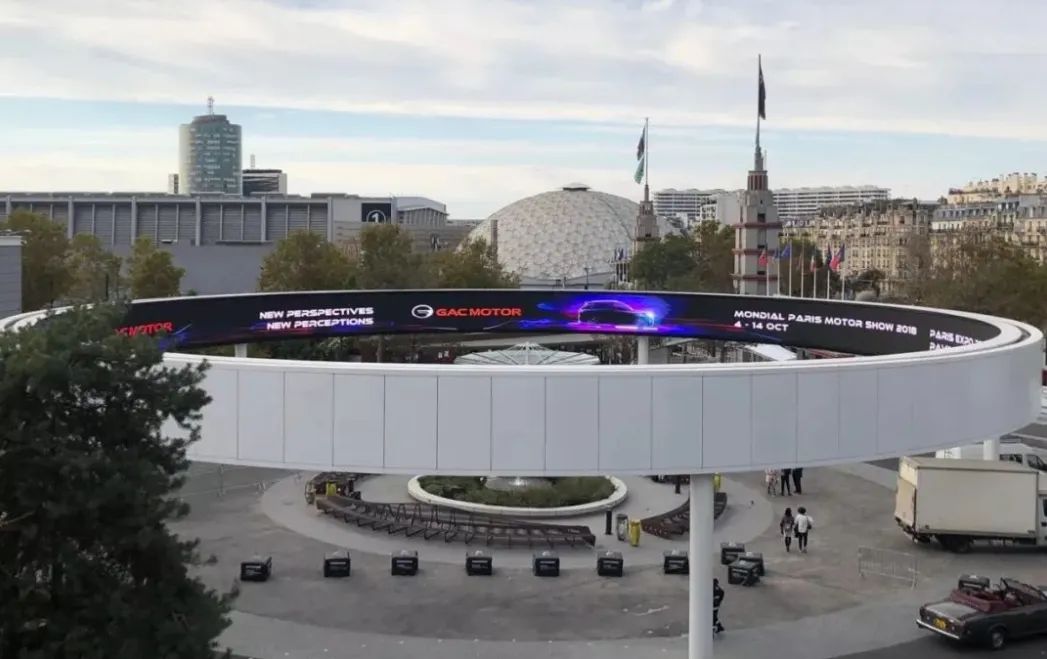
However, from another perspective, the Paris Motor Show also appears quite exquisite. Compared to the vast exhibition halls of the Beijing and Shanghai Auto Shows, the main exhibition hall of the Paris Motor Show – the Porte de Versailles – is significantly smaller. Furthermore, many automakers, including Japanese brands and Mercedes-Benz, have announced their withdrawal from this year's Paris Motor Show, dimming the luster of this grand event.
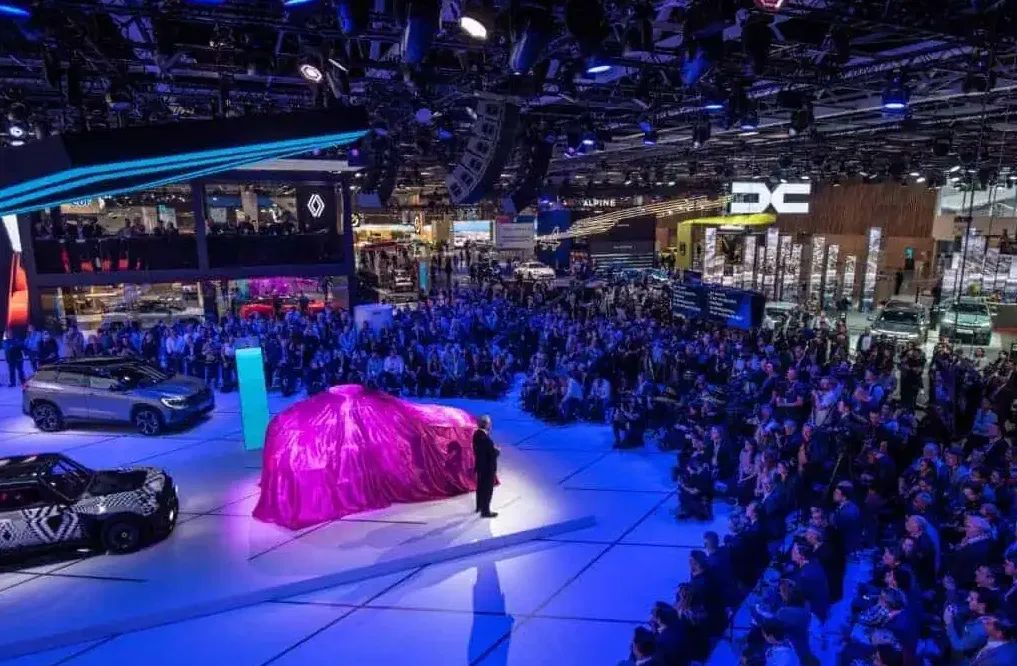
Therefore, this year's Paris Motor Show is destined to be a revelry exclusive to a select few. Especially for Chinese brands, after shining brightly at last year's Munich Motor Show, they now face the challenges of tariffs and trade wars, but their development trend remains unchanged. Meanwhile, European brands hope to leverage this Paris Motor Show to launch a “battle of the wind vane” that will shape the future of European automobiles.
European Automakers' Electric “Awakening”
At the 2024 Paris Motor Show, European automakers showcased their latest achievements in electric vehicles, marking the electric “awakening” of the European automotive industry. From luxury brands to mass-market models, from concept cars to production vehicles, the new cars launched by European automakers at the show not only demonstrated their technological prowess but also presaged the future development trends of the automotive market.
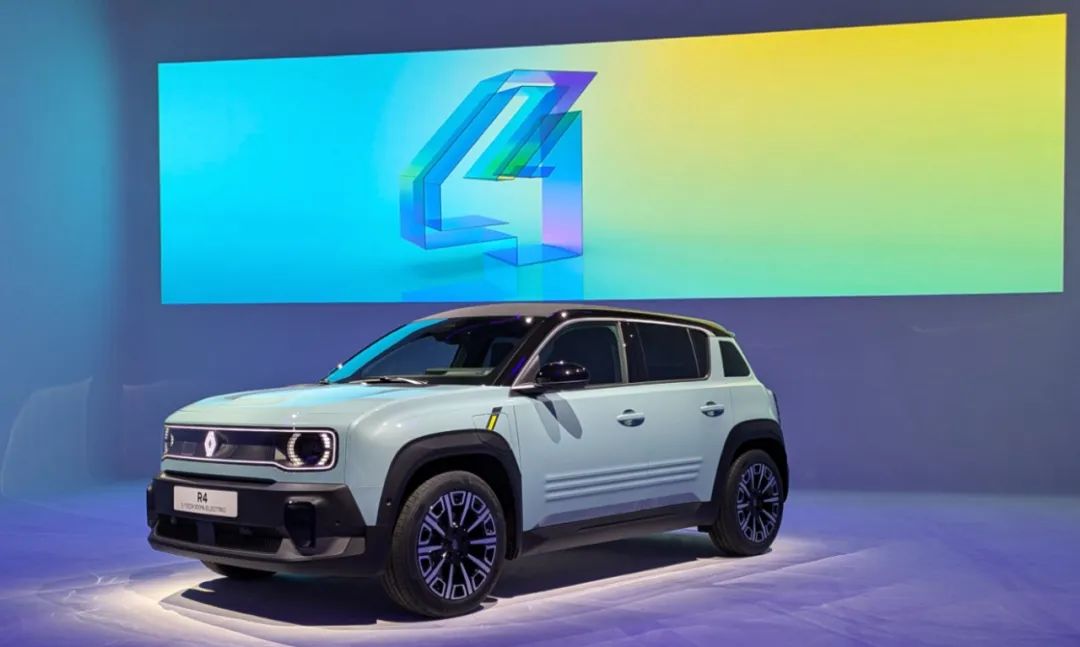
As the host, Renault Group and co-host Stellantis Group naturally spared no effort. For example, Renault Group brought its four major brands and presented seven world premieres and two concept cars. Among them, the most eye-catching was the Renault R4 E-Tech. This compact electric crossover not only inherits the retro style of the Renault brand but also incorporates advanced electric technology.
Furthermore, Renault unveiled the Emblème concept car, designed to alleviate consumers' range anxiety and charging concerns about electric vehicles. Its aerodynamic design maximizes driving range, while its dual-fuel cell electric drivetrain provides powerful performance.
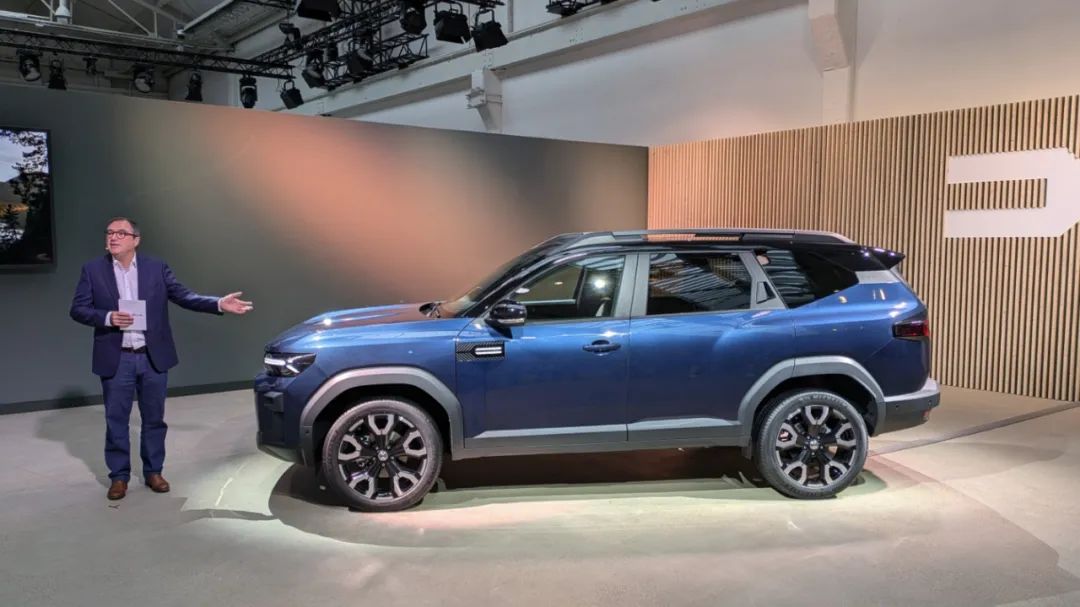
Dacia showcased its entire lineup and introduced a new C-segment model, the Bigster. Alpine, meanwhile, unveiled the Alpenglow Hy6, featuring a new six-cylinder hydrogen internal combustion engine, in a global premiere.
Stellantis Group also had a strong lineup, with Peugeot focusing on pure electric models and introducing several long-range electric vehicles at the show. Notably, the Peugeot 408 pure electric mid-size hatchback and the long-range versions of the E-3008 and E-5008 pure electric SUVs garnered significant attention.
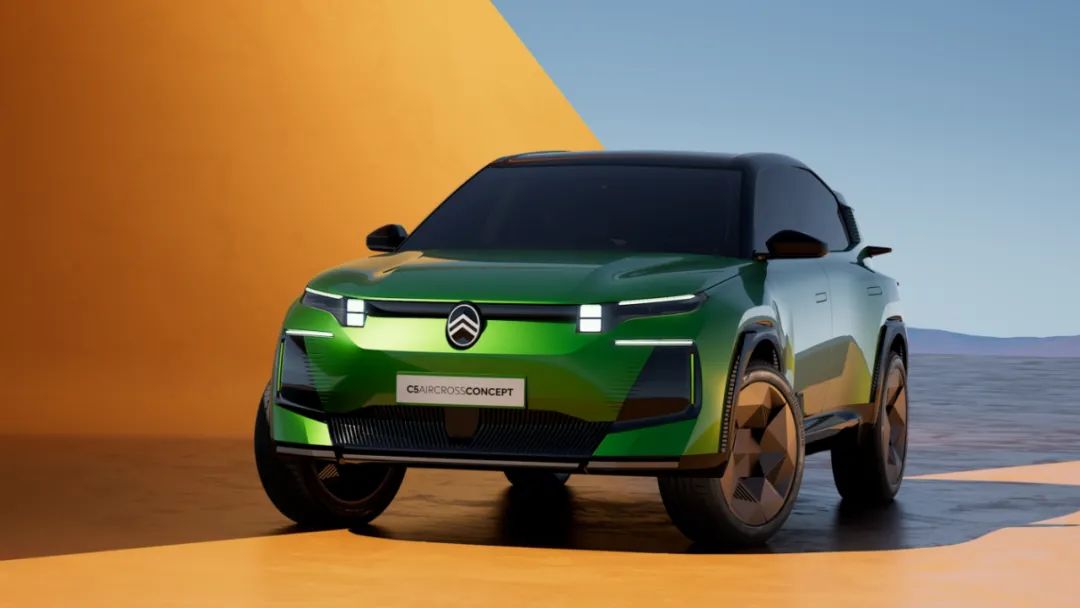
Citroën, on the other hand, exhibited the pure electric concept car C5 Aircross. The new car adopts the latest family design, giving it a more fashionable appearance. However, whether the mass-produced version will be introduced to China remains uncertain, as the all-new 5008 has not yet entered the Chinese market.
Additionally, BMW Group showcased its latest electric strategy achievements at the show, presenting over 15 pure electric vehicles across most of BMW and MINI's sub-segments. Audi also introduced several new models, including the performance version of the pure electric A6 e-tron, the S6 e-tron.
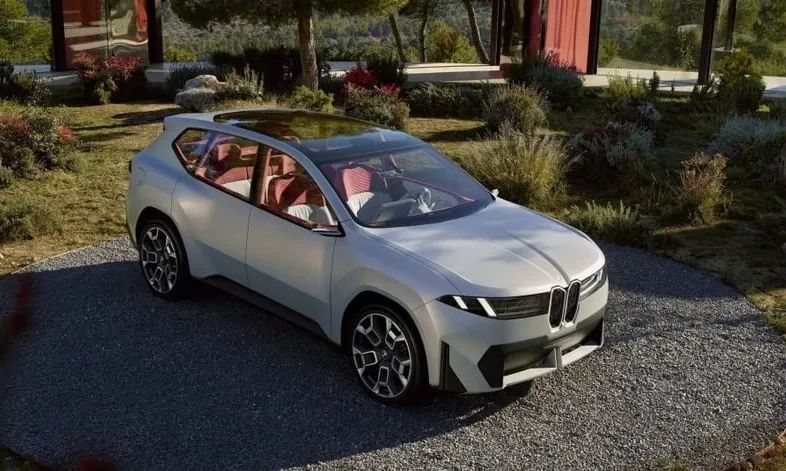
Meanwhile, European brands have expressed a positive attitude towards the development of the electric vehicle market. Thierry Koskas, head of the Citroën brand at Stellantis, stated at this year's Paris Motor Show that demand for electric vehicles in the European market is approaching a “critical point.” Taking the Citroën e-C3, priced at 23,300 euros, as an example, due to software issues, the new car began shipping in mid-September, several months later than originally planned. However, Koskas revealed that a version priced at 19,900 euros will be launched in the first half of next year.
Chinese Brands' “Nine Attacks, Nine Defenses”
As Chinese brands increasingly target the fiercely competitive European market, the competitive pressure faced by European brands at this stage is undoubtedly more severe than at last year's Munich Motor Show.
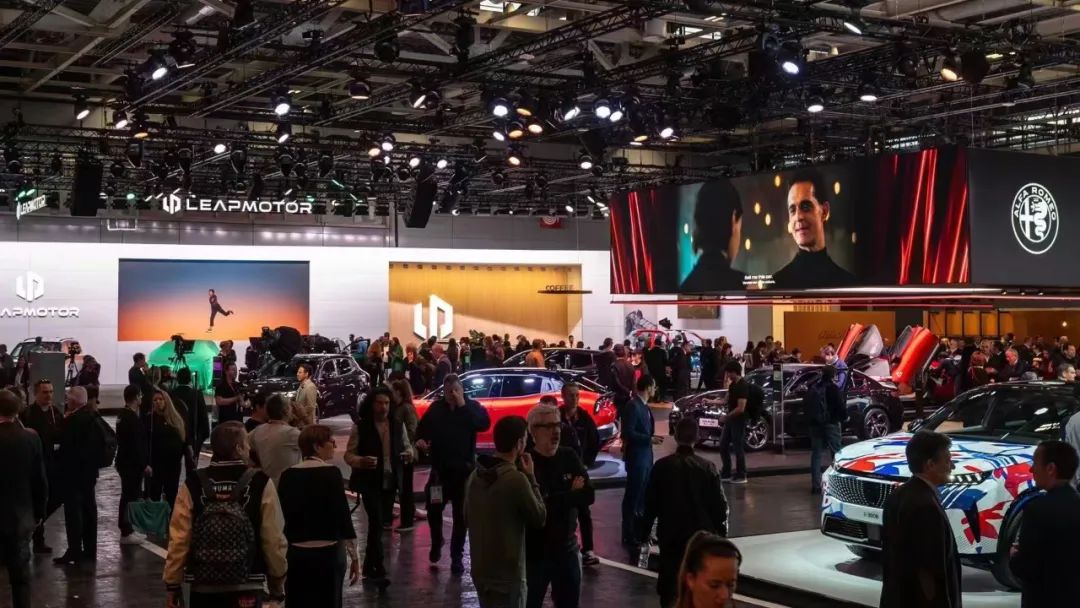
It is understood that several Chinese automakers, including BYD, Hongqi, GAC Group, SAIC MAXUS, Dongfeng Fengxing, WENJIE, XPENG, Leapmotor, and Skyworth, will set up dedicated booths to showcase their latest technologies and products. This is not only an important step in the internationalization strategy of Chinese automakers but also a testament to the rise of Chinese brands in the global market.
BYD, as a leading brand in China's new energy sector, exhibited multiple models at this year's Paris Motor Show, including the U8 and Sea Lion 07. Among them, the Sea Lion 07, which competes with Tesla's Model Y, has already been launched in China and is scheduled to enter the European market in 2025. BYD will also showcase its latest Yisanfang, Yisifang, and Yunnie-P technologies, which not only represent BYD's deep accumulation in electrification and intelligence but also demonstrate its profound insights into the future direction of automotive development.
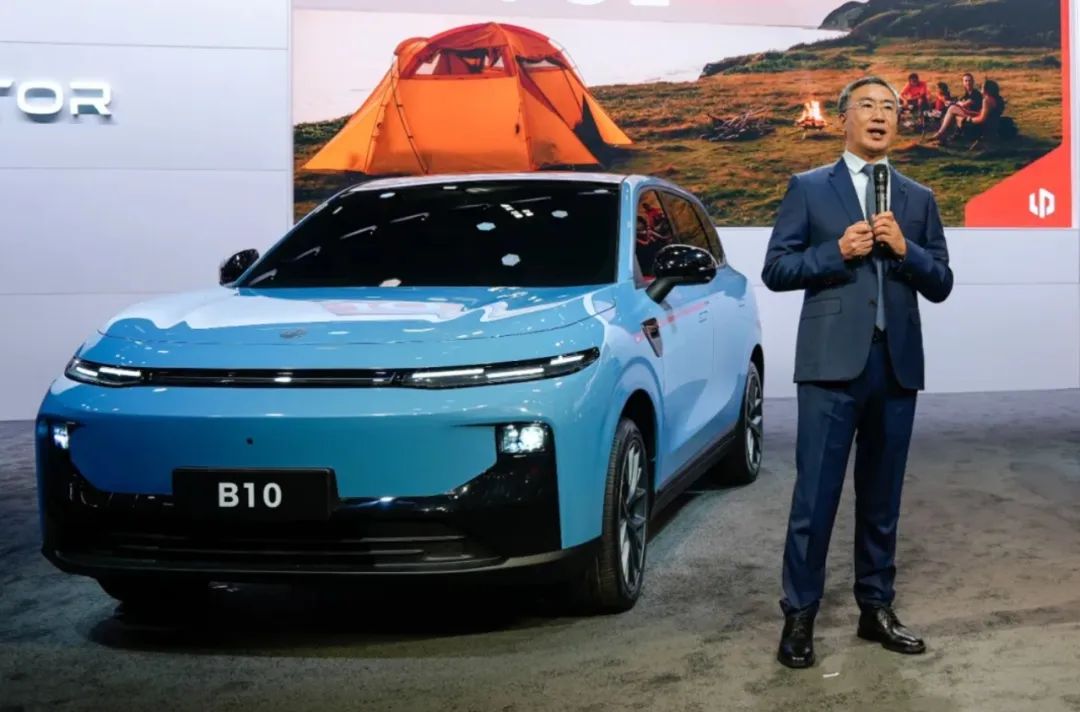
Leapmotor plans to globally premiere its new B-series product, the Leapmotor B10, at the show. This compact SUV is equipped with a high-level intelligent driving system and, despite a possible price tag of under 150,000 yuan, offers strong competitiveness. Additionally, Leapmotor will showcase its T03 and C10 models, which are already available in Europe, further expanding its presence in the market.
XPENG Motors will also attend the Paris Motor Show with its latest P7+, MONA M03, and family models such as G6, G9, and X9. Among them, the XPENG P7+, billed as the “world's first AI car,” boasts a brand-new exterior design and adopts a new “AI Hawk Eye Vision Intelligent Driving Solution,” providing a more precise and safe autonomous driving experience. XPENG Motors will officially announce the pre-sale price of the XPENG P7+ at the show, sparking heated market discussions.
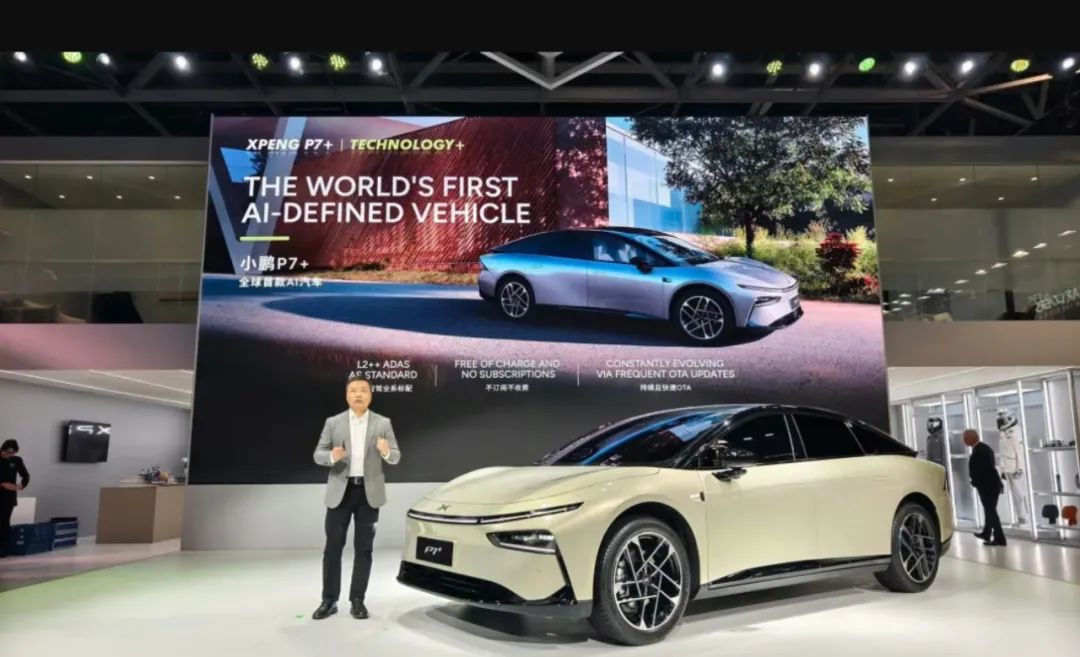
Brands such as Hongqi, GAC, and SAIC MAXUS will also bring their new models and technologies to showcase the latest achievements of Chinese automakers in new energy and intelligence. The participation of these Chinese brands not only demonstrates their technological prowess and market competitiveness but also offers European consumers more options.
It is worth noting that despite the backdrop of high tariffs on Chinese electric vehicles in Europe, Chinese automakers have not backed down. Executives from BYD, SAIC MAXUS, Geely, and other Chinese automakers have expressed that tariff barriers will not shake their determination to expand into the European market. They will tackle these challenges through technological innovation, product quality improvement, and service upgrades.
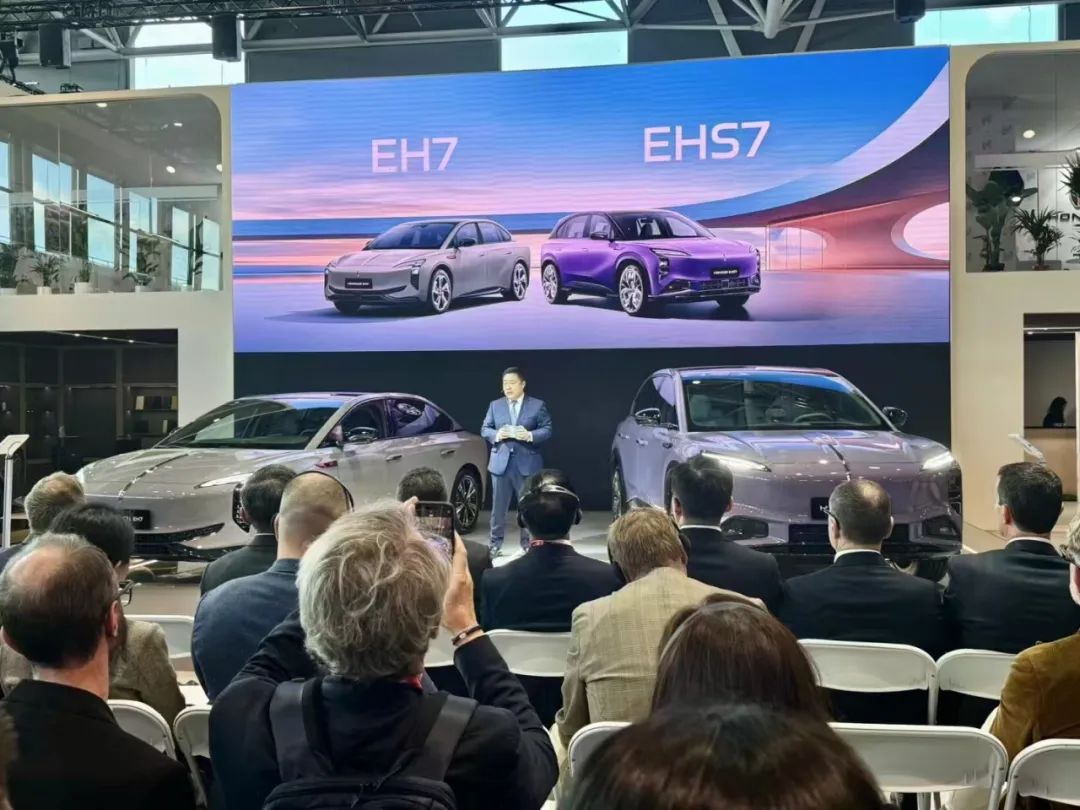
For example, BYD has announced plans to increase its investment in the European market, enhance its brand influence through the establishment of sales networks and improved after-sales service. Simultaneously, BYD will strengthen cooperation and exchanges with local European enterprises to jointly promote the development of the electric vehicle industry.
Regarding the development prospects of Chinese brands in the European market, industry experts generally believe that although facing certain challenges, Chinese automakers still have significant room for growth. An analyst told “Auto Chat & Pull Talk”: “Chinese automakers have considerable growth potential in the European market. Despite challenges such as tariffs, they can tackle them through technological innovation, product quality improvement, and service upgrades. Furthermore, as demand for electric vehicles continues to grow in Europe, Chinese automakers are poised to seize opportunities for rapid development.”
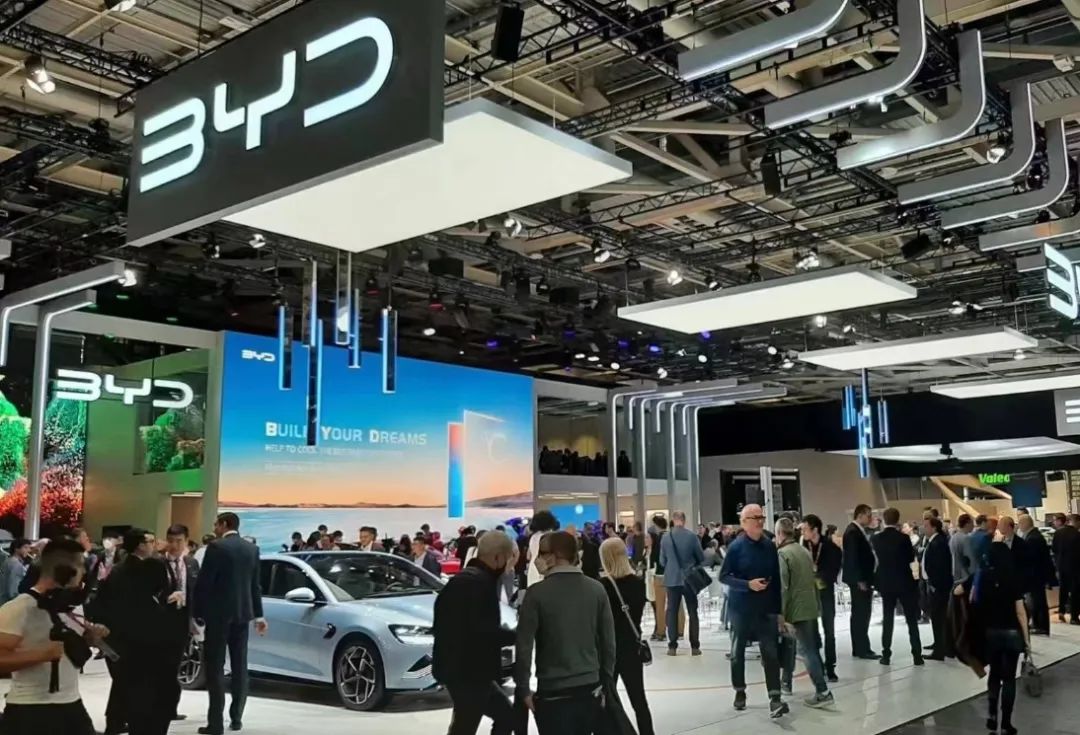
Additionally, the analyst pointed out that Chinese automakers possess advantages such as flexible production models and rapid market response capabilities. These factors will contribute to their rapid development in the European market. Furthermore, some senior executives of local European automakers have expressed interest in the development of Chinese brands in the European market. They believe that although Chinese brands still face challenges, the rise of Chinese automakers cannot be ignored. They plan to strengthen cooperation and exchanges with Chinese automakers to jointly promote the development of the electric vehicle industry.
In conclusion, at this year's Paris Motor Show, European automakers showcased their technological prowess and market ambitions through their formidable electric offensive, while Chinese brands fearlessly confronted the challenges of tariffs and trade wars, actively participating in the show and showcasing their latest technologies and products. Although fully opening up the European market will take time, in the upcoming new round of competition, the “initiative of attack” remains firmly in the hands of Chinese brands.






